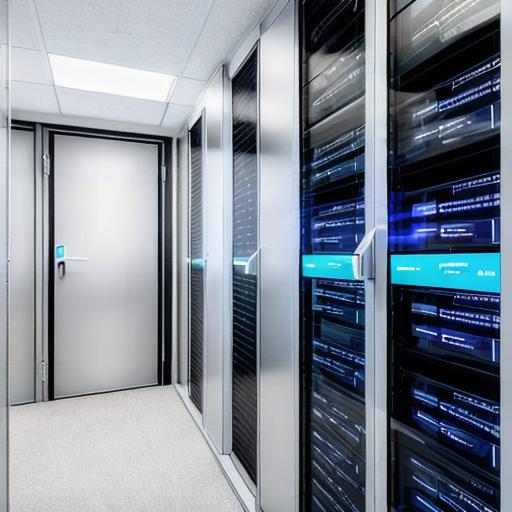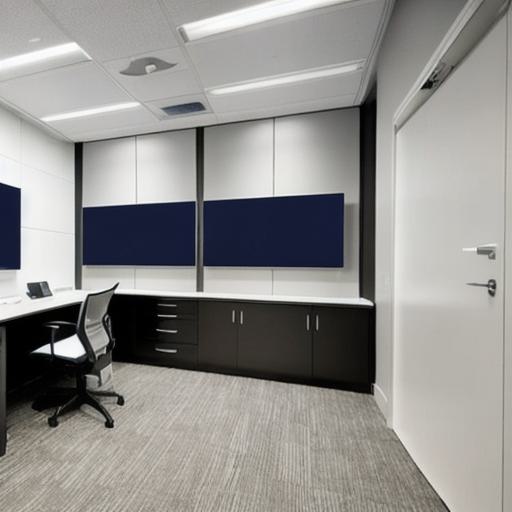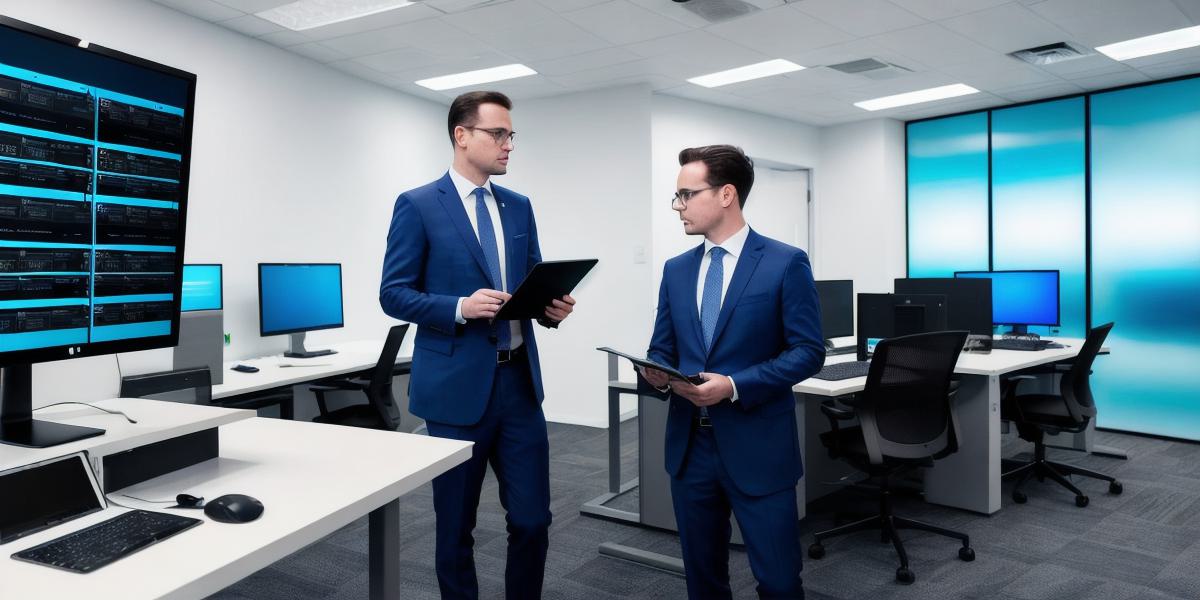A Content Management System (CMS) data room is a secure digital platform that allows businesses to manage, store, and share sensitive or confidential information with selected third parties, such as investors, acquirers, or regulatory bodies. This platform is integrated with a CMS, enabling users to easily access and collaborate on content without compromising the security of their data.
Why Use a CMS Data Room for Your Business?
- Regulatory Compliance: A CMS data room ensures that your business adheres to various data protection regulations like GDPR, HIPAA, and SOC 2, safeguarding sensitive information from unauthorized access.
- Secure Data Sharing: By providing controlled access to specific information, a CMS data room helps maintain confidentiality during mergers and acquisitions, due diligence processes, or fundraising events.
- Efficient Collaboration: With a centralized platform for managing both content and data, team members can work on projects more efficiently while ensuring that all necessary information is readily available to them.
- Streamlined Processes: A CMS data room simplifies the process of sharing large files, reducing the need for physical data rooms and courier services, which can save your business time and resources.
- Version Control: Keeping track of multiple versions of documents is essential during mergers and acquisitions or other collaborative projects. A CMS data room allows users to manage various versions of documents and maintain a clear record of changes.
- Real-Time Insights: Having real-time access to information enables quick decision-making, improving overall business agility and competitiveness.
Examples of Businesses Using a CMS Data Room Effectively
- A healthcare organization uses a CMS data room to securely store and share patient records, ensuring regulatory compliance and protecting sensitive information during collaborations with research institutions or insurance providers.

- A financial services company employs a CMS data room for mergers and acquisitions, enabling controlled access to crucial financial documents while maintaining the confidentiality of the deal’s terms.
- An educational institution uses a CMS data room to manage student records, collaborate on research projects, and securely share information with external partners or regulatory bodies.

Summary
By implementing a CMS data room for your business, you can effectively manage sensitive information while maintaining compliance with various regulations, streamlining processes, and ensuring efficient collaboration. Ultimately, this leads to improved security, increased productivity, and better overall business performance.
